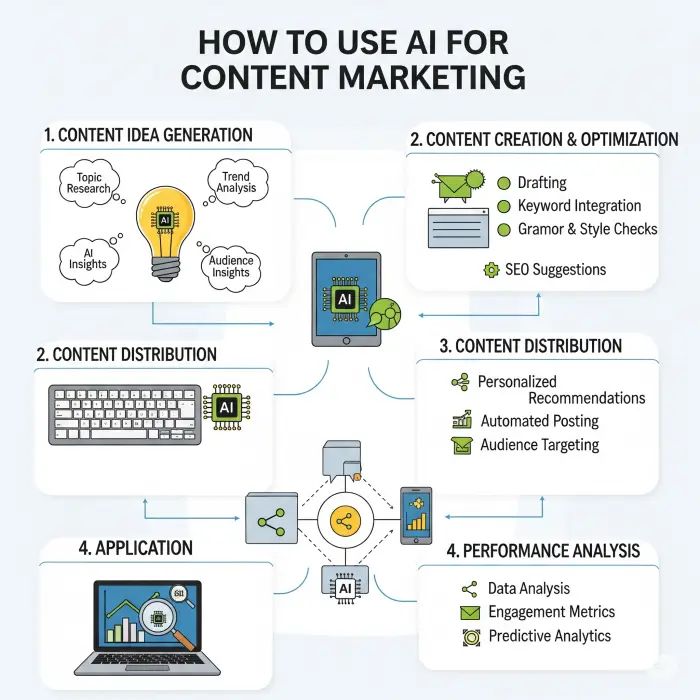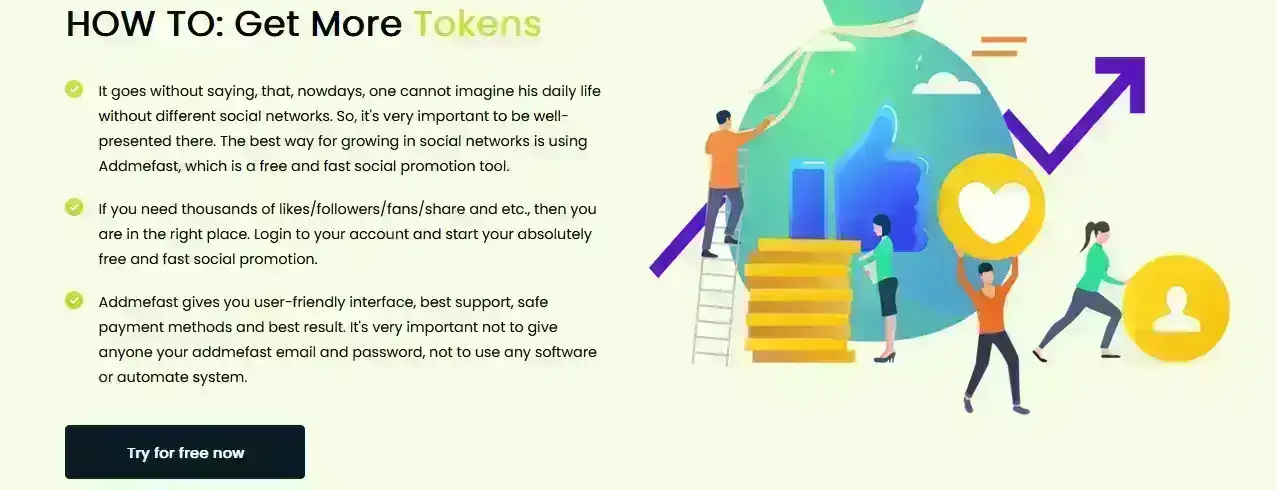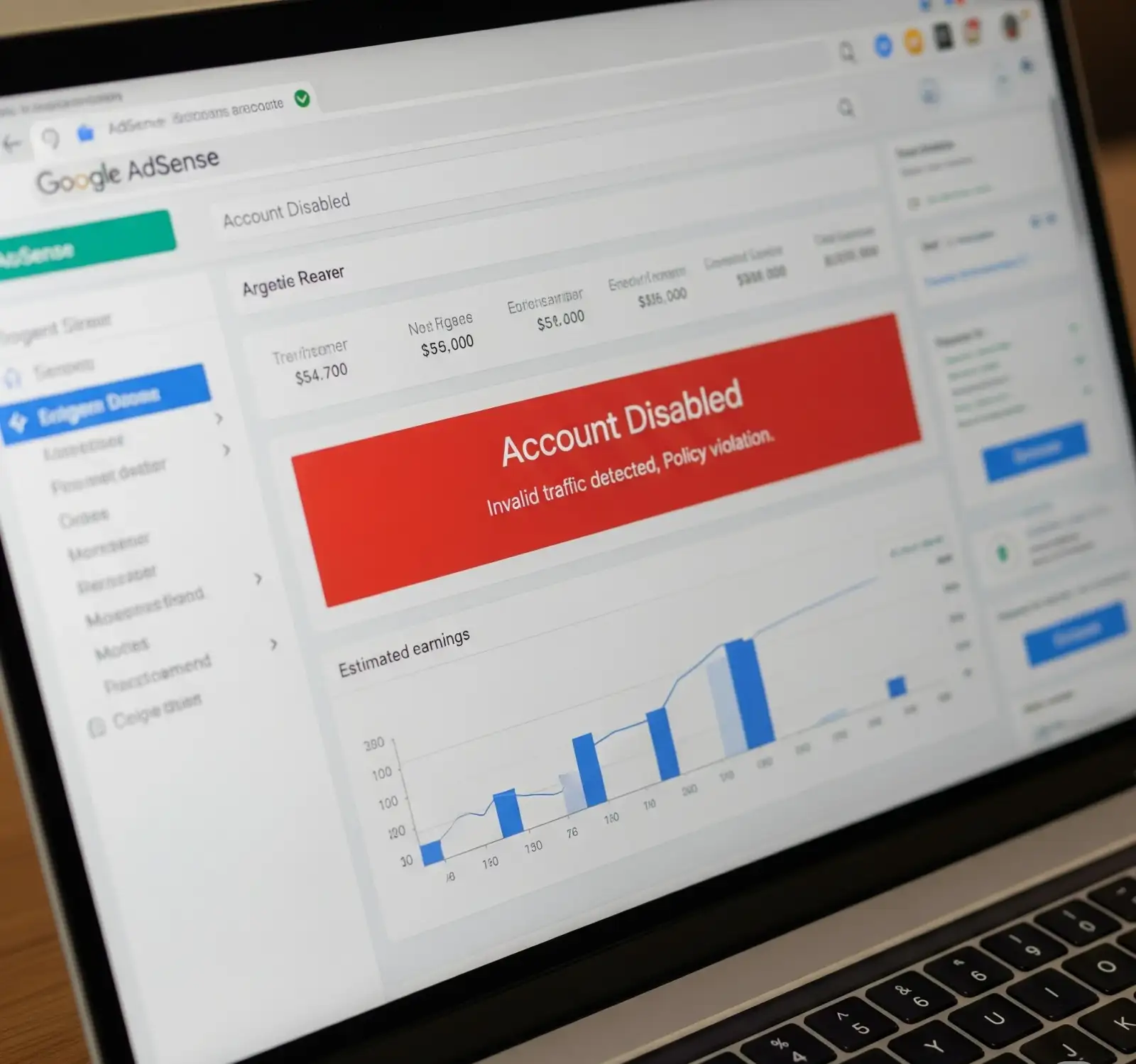
Why Google Suspends AdSense Account
Why Does Google Suspends AdSense Account: Causes, Recovery, and Prevention
How to Recover from a Disabled Google AdSense Account: A Comprehensive Guide to Understanding, Prevention, and Alternative Monetisation
Discovering that your Google AdSense account has been disabled can feel like a devastating blow, especially if it has been a vital source of income for your website or online business. For many publishers and content creators, AdSense is a trusted monetisation partner, delivering consistent revenue through targeted ads. However, Google?s strict policies and automated systems mean that any misstep?intentional or accidental?can lead to account suspension or permanent disablement.
In this detailed, well-researched guide, you?ll learn the most common reasons why AdSense accounts get disabled, the exact steps you can take to recover your account, how to prevent future issues, and viable alternative monetisation options to protect your income streams. This comprehensive approach is designed for bloggers, website owners, and digital entrepreneurs committed to building sustainable online businesses.
Recommended for You
Why Do Google AdSense Accounts Get Disabled? The Top Reasons Explained
Google AdSense has established itself as one of the most popular ad networks for monetising websites, blogs, and digital content. However, maintaining a healthy account requires rigorous compliance with Google?s
. Google?s priority is to protect advertisers by ensuring ads are shown on trustworthy, valuable sites that deliver genuine user engagement.1. Invalid Click Activity: The Leading Cause of Account Disablement
Invalid click activity refers to clicks on ads that Google deems artificial, fraudulent, or manipulative. This is the single most common reason for AdSense account termination, as it directly undermines advertiser trust and ad campaign integrity.
Google?s advanced detection systems analyse user behaviour in real-time, including:
- IP addresses and geographic patterns
- Click frequency and timing
- Device and browser fingerprinting
- User session behaviour and engagement metrics
Examples of invalid click activity include:
- Clicking your ads, even accidentally or out of curiosity.
- Encouraging others?friends, family, or visitors?to click your ads.
- Using automated tools, bots, or software to generate clicks or impressions artificially.
- Partnering with click farms or dubious traffic sources that manipulate engagement.
Importantly, even if invalid clicks are not directly your fault, you remain responsible as the publisher. Google rarely reinstates accounts disabled for invalid activity, making prevention essential.
2. Policy Violations: Hosting Prohibited or Sensitive Content
AdSense maintains strict content guidelines to create a brand-safe environment. Publishing content that violates these policies risks suspension or permanent disablement.
Common content violations include:
- Adult or sexually explicit material (images, videos, text).
- Hate speech, violence, discrimination, or content promoting harm against individuals or groups.
- Pirated or copyrighted material without proper licensing (movies, music, software, eBooks).
- Promotion of illegal activities like drug use, gambling without licences, hacking, or counterfeit sales.
- Misleading, deceptive, or ?clickbait? content designed to manipulate users or generate fake engagement.
Google performs both automated scans and manual reviews to enforce these policies. Even user-generated content and external links on your site must comply.
3. Poor-Quality or Thin Content: Lack of Genuine Value
Sites with thin or duplicate content provide little to no value to users, which is against Google?s focus on quality. Google wants to show ads only on sites that genuinely help, inform, or entertain visitors.
You Might Enjoy

Learn About Health Benefits of Avocado Leaves
avocado leaves health Benefits In this article, we are going to look into 14 health benefits of…
How to Use AI for Content Marketing in 2025: A Step-by-Step Guide for Beginners
Content marketing has always been about delivering the right message to the right audience at the…
Activated Charcoal Powder
The Importance of activated charcoal powder Activated charcoal powder is a versatile and incredible…Indicators of poor content quality include:
- Scraped or spun articles copied from other websites without adding original insight.
- Pages with minimal or superficial text and excessive ad placements overshadowing content.
- Landing pages are created solely to funnel users to affiliate offers or subscriptions without useful information.
Ensure your site contains well-researched, unique content that addresses your audience?s needs or solves problems. This boosts your chances of maintaining AdSense privileges and improves organic rankings.
4. Excessive or Misleading Ads: Violating Ad Placement Guidelines
Ad placement policies are critical to maintaining user experience. Placing ads improperly can lead to accidental clicks, frustrating visitors and violating Google?s rules.
Common violations include:
- Placing ads too close to clickable elements like navigation buttons, images, or download links.
- Camouflaging ads to look like site content without clear disclosure (e.g., failing to label ads as ?Sponsored? or ?Advertisement?).
- Using auto-refreshing ads or pop-ups/pop-unders that disrupt user interaction.
- Overloading pages with too many ad units reduces overall ad effectiveness and may trigger penalties.
Google advises keeping a balance where ads support the content rather than interrupting or misleading users.
5. Using Unauthorised or Low-Quality Traffic Sources
Traffic quality is essential for maintaining AdSense compliance. Using non-compliant traffic sources can lead to instant disablement.
Examples of risky traffic sources include:
- Traffic exchange programs offer page views in return for visiting other sites.
- Bot-generated traffic or automated scripts are inflating visits or engagement metrics.
- Redirects from expired domains or blacklisted websites funnel irrelevant users.
- Pop-under or iframe traffic that opens your site invisibly or without consent.
Focus on organic traffic from search engines, direct visits, email campaigns, or social media marketing. Regularly audit traffic sources with Google Analytics and remove suspicious referrals.
Steps to Recover a Disabled Google AdSense Account
Recovery is challenging but possible if you carefully address the underlying issues and present a convincing appeal.
1. Identify the Root Cause
Google typically sends a detailed email explaining the reason for your account?s disablement. Review it carefully and cross-check with your website practices.
2. Correct the Violations Thoroughly
Make all necessary changes before submitting an appeal:
- Remove or update content violating Google?s policies.
- Adjust ad placements to avoid accidental clicks.
- Stop all invalid traffic sources immediately.
- Enhance site usability and user experience.
3. Submit a Clear and Honest Appeal
Write a professional, concise appeal highlighting:
- Acknowledgement of the issue and any unintentional mistakes.
- Specific steps taken to fix the problem.
- Supporting evidence such as screenshots, links, or traffic reports.
- A respectful tone, avoiding blame or excuses.
Remember, the appeal form has character limits?focus on clarity and sincerity.
4. Be Patient During the Review
The manual review can take days to weeks. Avoid submitting multiple appeals and wait for Google?s response before acting further.
How to Prevent Future AdSense Account Disabling
1. Regularly Monitor Your Website Traffic
Use
and to identify unusual traffic spikes or suspicious sources.More Reads You’ll Love

Heat Press Machine Printing
How to do Heat Press Machine Printing Heat Press Machine Printing is a kind of printing used to…
Watercolour Painting And Its Techniques
Watercolour painting is a beautiful and versatile medium, offering various techniques to explore. …
Becoming an artist
Becoming an Artist and Establishing a Successful Career as a Professional Painter Becoming an…2. Follow Best Practices for Ad Placement
- Keep adequate spacing between ads and clickable content.
- Ensure mobile responsiveness avoids overlapping or misclicks.
- Label ads clearly to avoid misleading users.
3. Stay Updated on Google?s Policies
Subscribe to official AdSense channels and check policy updates regularly to stay informed about changes.
4. Prioritise Ethical Website Growth
- Create high-quality, user-focused content that answers real questions.
- Build backlinks naturally through genuine outreach and value creation.
- Engage with your audience on social media and email.
- Follow Google?s Helpful Content guidelines to enhance relevance and trust.
Alternative Monetisation Options if Your AdSense Account Cannot Be Recovered
If Google denies reinstatement, don?t despair. Numerous effective monetisation alternatives exist:
affiliate marketing
Promote products and earn commissions on sales. Popular programs include
, ShareASale, and .Sponsored Posts and Brand Partnerships
Work with brands to create paid content, reviews, or promotions tailored to your audience.
Subscription or Membership Models
Offer exclusive content, courses, or tools behind paywalls for loyal users.
Alternative Ad Networks
Consider networks like Media.net, PropellerAds, Infolinks, or AdThrive (for large audiences) as viable replacements for AdSense.
Sell Digital Products
Create and market eBooks, online courses, templates, or software solutions directly.
Conclusion: Building a Resilient Monetisation Strategy Beyond AdSense
Having your Google AdSense account disabled is undoubtedly stressful, but understanding the root causes and adopting a proactive, ethical approach to website management greatly reduces risk. Should recovery be possible, following the right steps with transparency improves your chances. If reinstatement is denied, diversifying your revenue streams ensures your online venture remains profitable.
By focusing on quality content, user experience, compliance with policies, and ethical growth, you not only protect your income but also build a brand that thrives in the long term, no matter the advertising platform.
Other Topics That Might Interest You

Unlocking SEO Potentia - Exploring the Power of Rank Math WordPress Plugin
Unlocking SEO Potential - Exploring the Power of Rank Math WordPress PluginIntroduction to Rank…
Boost Social Media Presence Free
Introduction To AddMeFast And How To Boost Your Social Media Presence Using This PlatformAddMeFast…







Comments